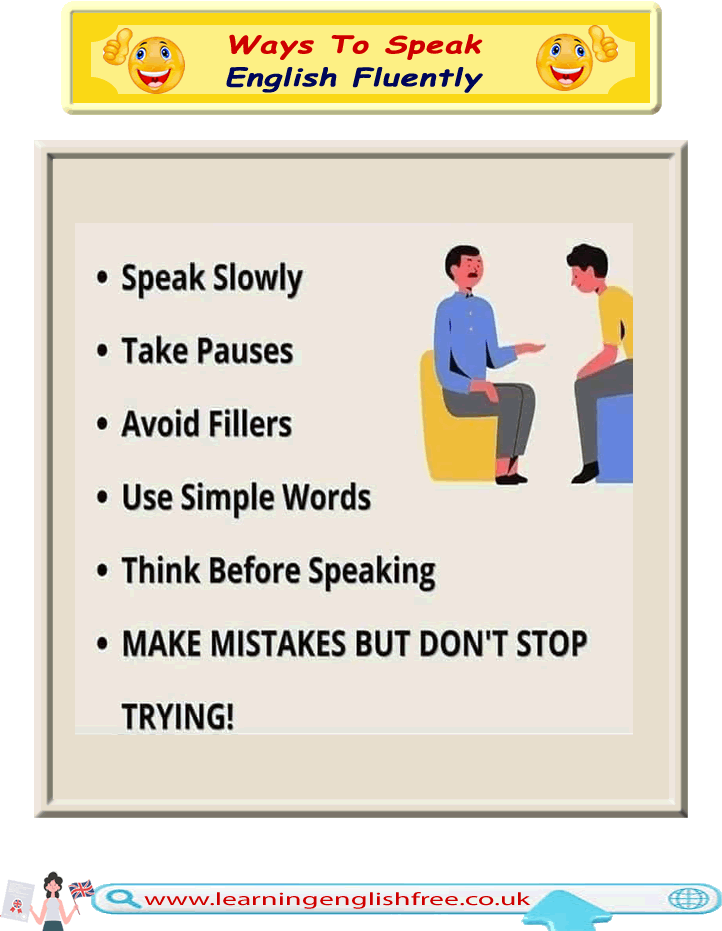
Unlocking Fluency in English Speaking: Practical Strategies
Introduction
Embarking on the journey to speak English fluently is both exciting and challenging. Fluency is not just about vocabulary size or perfect grammar; it's about expressing yourself smoothly and confidently. This guide focuses on practical strategies to improve your fluency, making conversations in English feel more natural and less daunting.
Understanding and implementing these strategies will significantly enhance your ability to communicate in English. From the pace at which you speak to the complexity of the vocabulary you choose, each aspect plays a vital role in how effectively you convey your message. By the end of this lesson, learners will have a toolkit of techniques to help them speak English more fluently, with confidence and clarity.
Fluency in speaking English is attainable with dedication, practice, and the right approach. This guide will provide you with the essentials to navigate your path to becoming a more fluent English speaker. Let’s dive into these strategies, understand their importance, and learn how to apply them in everyday communication.
Useful Vocabulary for Fluent English-Speaking
-
Speak Slowly
- Meaning: To talk at a measured, deliberate pace.
- Example: "When I speak slowly, my pronunciation improves significantly."
-
Take Pauses
- Meaning: To briefly stop speaking to gather thoughts or emphasize a point.
- Example: "Taking pauses helps me to organize my thoughts more clearly."
-
Avoid Fillers
- Meaning: To steer clear of unnecessary words or sounds like "um," "like," or "you know."
- Example: "Avoiding fillers makes my speech sound more professional."
-
Use Simple Words
- Meaning: To utilize vocabulary that is straightforward and easily understood.
- Example: "Using simple words ensures that everyone can understand my message."
-
Think Before Speaking
- Meaning: To consider what you are going to say before you say it.
- Example: "I make fewer mistakes when I think before speaking."
-
Make Mistakes but Don't Stop Trying!
- Meaning: To continue practising despite errors, understanding that mistakes are part of the learning process.
- Example: "Even though I make mistakes, I don't stop trying because every mistake is a learning opportunity."
Summary and Takeaways
Self-Practice Exercises
One practical exercise to enhance your speaking fluency is to record yourself talking about your day or a topic you're passionate about. Listen back to identify areas for improvement, such as the use of fillers or speaking speed.
Lesson Overview
This lesson provided strategic insights into speaking English fluently. We explored the importance of speaking slowly, taking thoughtful pauses, avoiding fillers, using simple vocabulary, thinking before speaking, and embracing mistakes as part of the learning journey.
Key Phrases
Remember, phrases like "speak slowly," "take pauses," and "avoid fillers" are not just advice; they are actionable strategies that can drastically improve your speaking fluency.
Memory Tips
To internalize these strategies, practice them daily in different speaking situations. Additionally, visual reminders, such as sticky notes around your living space, can reinforce these habits.
Applying What You've Learned
Implement these strategies in everyday conversations, presentations, and even in your thought process. With consistent practice, you'll find your fluency improving over time.
Stay Connected and Keep Learning
For more tips and lessons on mastering English, share your progress and visit our Facebook page at www.facebook.com/learningenglishfree.co.uk. Engage with our community to continue your journey in becoming a fluent English speaker.
